Specific nutrients to naturally optimize male hormones for peak vitality?
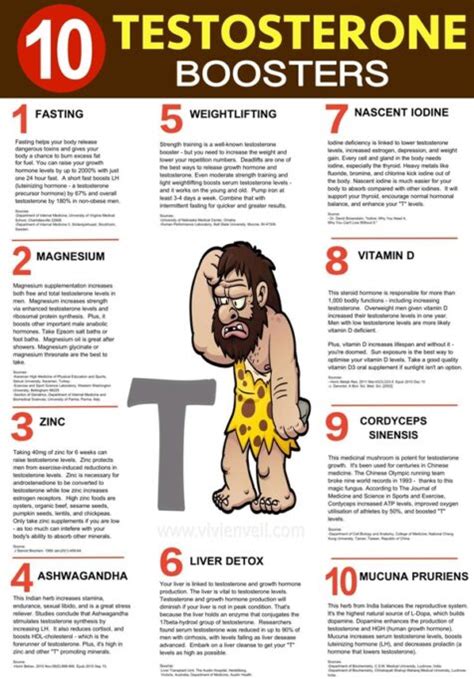
Unlocking Male Vitality Through Strategic Nutrition
For men seeking to maintain peak vitality, energy, and overall well-being, optimizing hormone levels naturally is a key strategy. While many factors influence male hormones, particularly testosterone, nutrition plays a foundational role. Incorporating specific nutrients into your diet can significantly support the body’s natural hormone production pathways, leading to improved energy, mood, muscle mass, and libido.
It’s not about quick fixes but rather a consistent dietary approach that provides the necessary building blocks and cofactors for hormone synthesis and regulation. Let’s delve into the specific nutrients that are crucial for naturally optimizing male hormones.
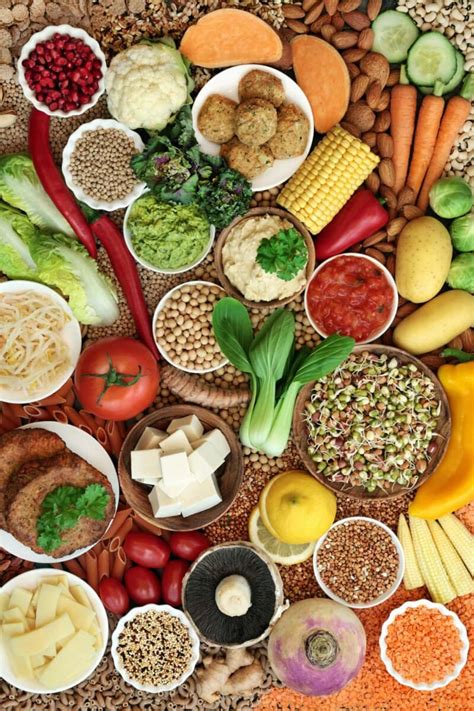
The Powerhouse Nutrients for Male Hormone Health
Zinc: The Testosterone Builder
Zinc is arguably one of the most critical minerals for male hormone health. It plays a vital role in testosterone production, sperm quality, and reproductive function. Studies have shown that even mild zinc deficiency can lead to decreased testosterone levels. Zinc also inhibits the enzyme aromatase, which converts testosterone into estrogen, thus helping to maintain a healthier testosterone-to-estrogen ratio.
- Food Sources: Oysters (exceptionally high), red meat, poultry, beans, nuts (cashews, almonds), whole grains, dairy products.
Vitamin D: The Sunshine Hormone’s Ally
Often referred to as the ‘sunshine vitamin,’ Vitamin D is technically a pro-hormone itself and is intimately linked to testosterone levels. Research indicates a strong correlation between adequate Vitamin D levels and higher testosterone. It’s believed to influence the enzymes responsible for testosterone synthesis.
- Food Sources: Fatty fish (salmon, mackerel, tuna), fortified milk and cereals, egg yolks. Sun exposure is the primary natural source.
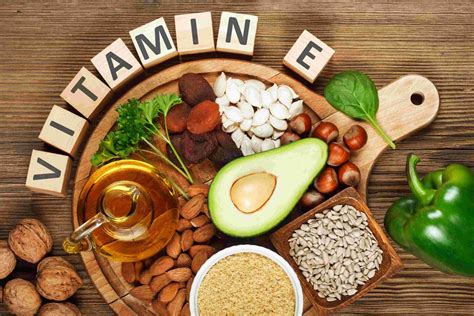
Magnesium: Muscle, Sleep, and Hormonal Support
Magnesium is an essential mineral involved in over 300 biochemical reactions in the body, including those related to muscle function, nerve function, blood glucose control, and blood pressure regulation. For male hormones, magnesium has been shown to increase free and total testosterone levels, likely by reducing oxidative stress and improving insulin sensitivity. It also aids in better sleep, which is critical for hormone production.
- Food Sources: Dark leafy greens (spinach, kale), nuts (almonds, cashews), seeds (pumpkin, chia), legumes, whole grains, avocados, dark chocolate.
Omega-3 Fatty Acids: Inflammation Control and Hormone Precursors
Omega-3 fatty acids, particularly EPA and DHA, are crucial for overall health, including hormone production. They form the building blocks for cell membranes, including those in the endocrine glands responsible for hormone synthesis. Furthermore, their powerful anti-inflammatory properties help reduce systemic inflammation, which can otherwise negatively impact hormone balance and production.
- Food Sources: Fatty fish (salmon, mackerel, sardines), flaxseeds, chia seeds, walnuts.
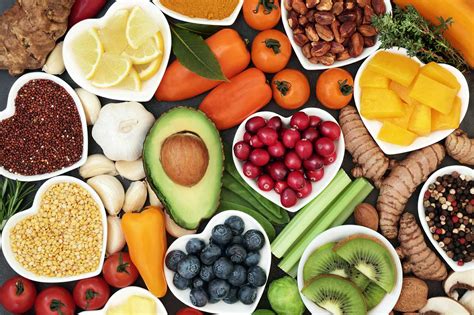
Boron: Enhancing Free Testosterone
Boron is a trace mineral that, while needed in small amounts, can have a significant impact on male hormones. Studies suggest boron can increase free testosterone levels by reducing the amount of sex hormone-binding globulin (SHBG) – a protein that binds to testosterone, making it unavailable for use by the body. It also appears to influence the metabolism of estrogen.
- Food Sources: Raisins, prunes, almonds, avocados, broccoli, chickpeas.
Selenium: Antioxidant Protection and Thyroid Health
Selenium is a potent antioxidant that supports thyroid function, which is intricately linked to overall metabolic and hormonal health. A healthy thyroid is essential for robust testosterone production and efficient energy metabolism.
- Food Sources: Brazil nuts (very high), seafood, lean meats, eggs, sunflower seeds.
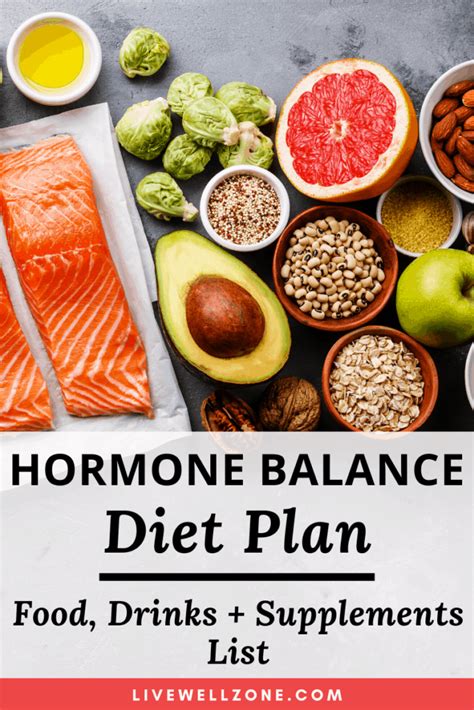
Beyond Individual Nutrients: A Holistic Approach
While focusing on these specific nutrients is beneficial, it’s crucial to remember that a holistic approach to diet is paramount. Consuming a diverse range of whole, unprocessed foods ensures you’re getting a broad spectrum of vitamins, minerals, and phytonutrients that work synergistically. Adequate protein intake supports muscle maintenance and repair, crucial for vitality, while healthy fats (like those found in avocados, nuts, and olive oil) are essential precursors for hormone synthesis.
Hydration, sufficient sleep, regular exercise, and stress management also play significant roles in maintaining optimal hormone levels. Think of nutrition as a powerful lever in a multi-faceted strategy for achieving and sustaining peak male vitality.

Conclusion
Optimizing male hormones naturally is an achievable goal through informed nutritional choices. By prioritizing foods rich in zinc, vitamin D, magnesium, omega-3 fatty acids, and boron, men can provide their bodies with the essential tools needed to support robust hormone production and regulation. This dietary foundation, combined with a healthy lifestyle, paves the way for enhanced energy, improved mood, and sustained vitality, empowering men to live life at their peak.









